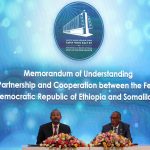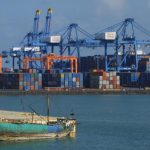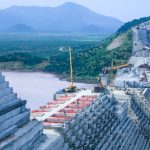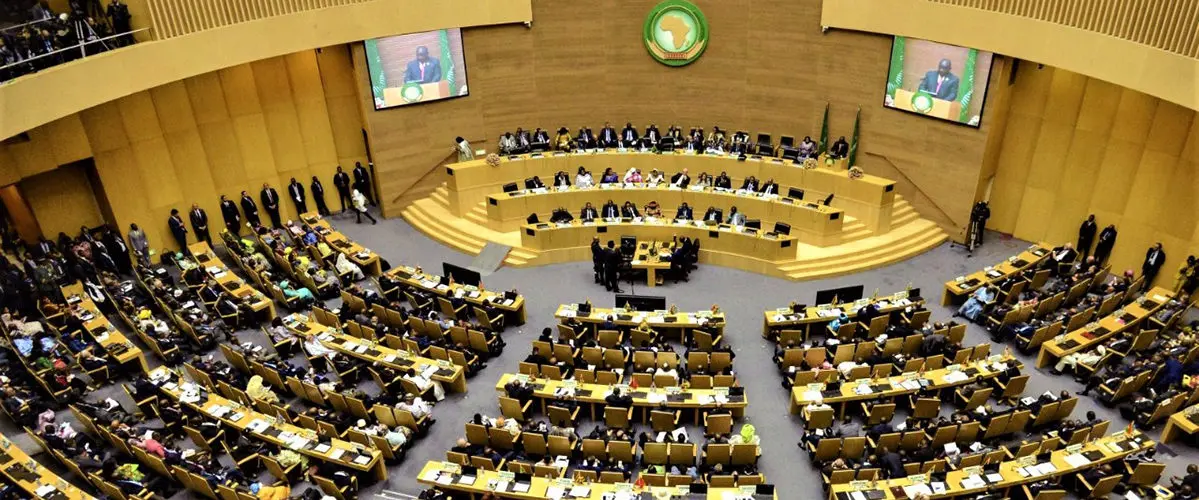Ethiopian Foreign Relations Strategic Studies Institute
- African Relations:
- African Union (AU):
- As the host nation of the African Union’s headquarters, Ethiopia has always been a hub for continental diplomacy. Its role in the establishment of the Organization of African Unity (OAU), the precursor to the AU, is a testament to its leadership ambitions on the continent.
- Horn of Africa:
- Eritrea: After the border war from 1998-2000, relations remained frosty for nearly two decades. The 2018 peace deal under Ethiopian Prime Minister Abiy Ahmed was monumental. Both nations reopened embassies, resumed flights, and started initiatives to boost trade.
- Somalia: The Al-Shabaab extremist group in Somalia has been a security concern for Ethiopia. Ethiopia has periodically sent troops into Somalia to counter this threat and has been an active participant in the African Union Mission in Somalia (AMISOM).
- Djibouti: Ethiopia’s primary port access is via Djibouti, making the country a key trade partner. The two countries also collaborate on regional security matters.
- African Union (AU):
- Relations with Superpowers:
- United States:
- The U.S. has provided Ethiopia with substantial foreign aid, particularly in the health sector. However, human rights concerns, especially post-2020 with the Tigray conflict, have strained ties.
- China:
- Beyond infrastructure, China has become a significant trade partner, importing Ethiopian goods and investing in various sectors, from manufacturing to agriculture.
- Russia:
- The historical tie during the Derg era was marked by military aid and training from the Soviet Union. In modern times, relations encompass areas like energy, particularly in the nuclear power sector.
- United States:
- Middle Eastern Relations:
- The Red Sea, vital for global trade, is of particular interest to Ethiopia. Its landlocked status makes access to ports in the region crucial.
- Grand Ethiopian Renaissance Dam (GERD):
- The GERD negotiations have seen international mediation efforts, including from the U.S. and the AU. The dam symbolizes Ethiopia’s aspirations for energy self-sufficiency and development but raises concerns in Egypt and Sudan about water security.
- Relations with Europe:
- Italy:
- Italy’s occupation of Ethiopia (1936-1941) remains a poignant memory. The defeat of Italian forces at the Battle of Adwa in 1896 is a source of national pride for Ethiopians. In modern times, Italy has been a significant trade partner and source of foreign direct investment.
- European Union:
- The EU and Ethiopia collaborate in areas like agriculture, infrastructure, and governance. The EU’s concerns about democratic governance and human rights in Ethiopia sometimes lead to tense diplomatic moments.
- Italy:
- Multilateral Relations:
- In the UN, Ethiopia has historically played a key role in mediating African conflicts and contributing to peacekeeping efforts. Ethiopia’s non-permanent membership in the UN Security Council has allowed it to weigh in on major global issues.
Ethiopia’s foreign relations are a mix of historical legacies, regional dynamics, development aspirations, and global diplomacy. With its strategic location and historical significance, Ethiopia remains a key actor in regional and continental affairs.





